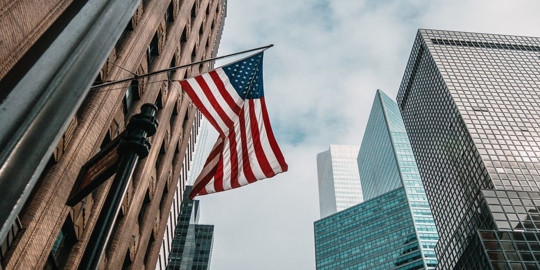The Proposed Rules
In October 2020 the Department of Homeland Security announced a rule intended to “strengthen the H-1B nonimmigrant visa program to protect U.S. workers.” The new narrowed the definition of “specialty occupation” so that there must be a direct relationship between the required degree field and the duties of the position. This would disqualify many people who are skilled enough for a position but whose skills are not “high specialized.” Generally, this disqualifies positions where the candidate can have a variety of degrees instead of a very specific one.
The proposed rule specifically discusses the following examples as qualifying degrees for appropriate positions: a medical degree for a doctor, a legal degree for a lawyer, an architecture degree for an architect. It is obvious from the examples given that this proposed rule would have made it much more difficult for people to qualify as a “specialty occupation.”
Around the same time, the Department of Labor also issued its own rule to “Strengthen Wage Protection for the Temporary and Permanent Employment of Certain Aliens in the United States.” This new rule would make it harder for a company to get through the Labor Condition Application process to bring in a foreign employee. It does so by updating the computation of prevailing wage levels so that an employee must be offered (and must actually be paid) a significantly higher wage than they were previously. Although this sounds great on first glance since workers would get paid more, what it actually does is make it significantly more expensive for employees to hire foreign workers. That usually results in employers choosing to not offer these positions to foreigners or to discontinue support for people currently working under an H-1B visa. This problem has been discussed in many articles, specifically pointing to a minimum salary of $208,000 for many employees regardless of how much experience they possess.
The Rules No More
Fortunately for many employees, H-1B recipients, and H-1B hopefuls, on December 1, 2020 a U.S. District Court for the Northern District of California issued a ruling setting aside both of these proposed rules. The court pointed to the agencies’ disregard for the procedure set by the Administrative Procedures Act and the fact that the government failed to show good cause to ignore those procedures. Therefore, the above rules will not go into place and affected parties will be able to resume with the current rules.
The ruling does leave room for the agencies to pass the rules if they go through the proper process, but with the current administration on the verge of exiting, it is unlikely that they will manage to do so in time. However, if there are any changes or updates, we will make sure to keep you up to date.
The H-1B process can be long and difficult. If you are an employer or an employee hoping to work in the United States through an H-1B visa, we recommend you consult an experienced immigration attorney. You can schedule an initial consultation with us today, don't hesitate to contact us at (949) 478-4963.

